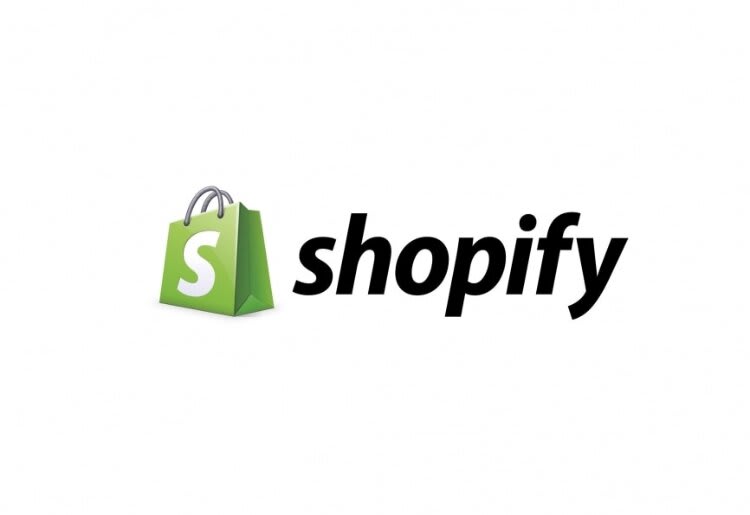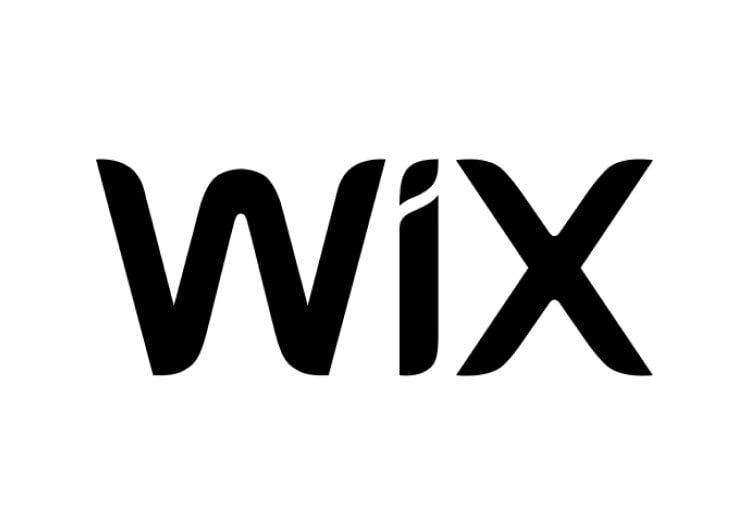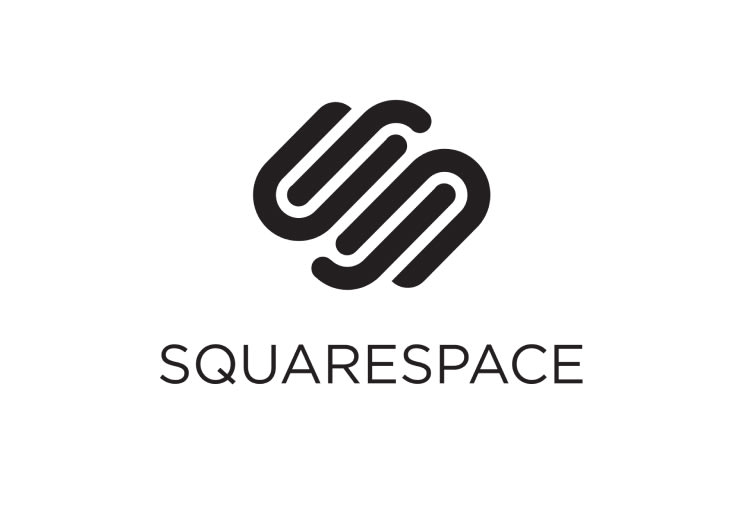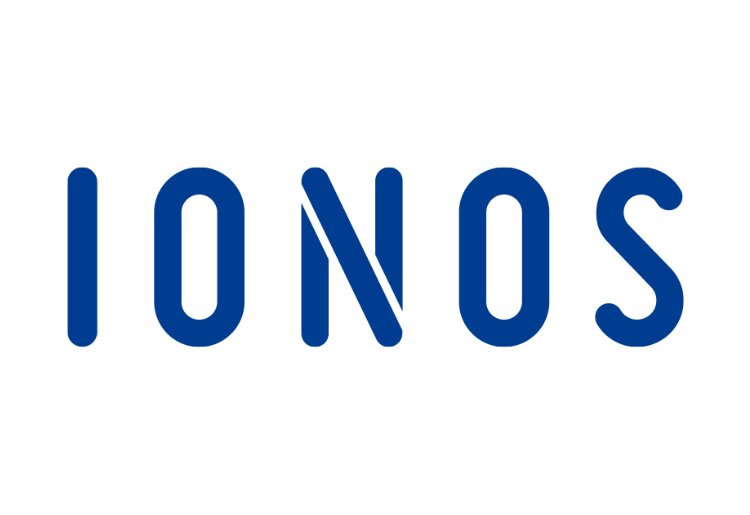When I built my first online store, it took a lot of work to pick an affordable eCommerce website builder with the features I needed.
Understanding the impact of digital marketing strategies is vital in this step, as highlighted in a study on increasing sales conversions in e-commerce. For example, I noticed how Adobe Commerce (previously Magento) has a loyal user base due to its comprehensive technical tools. But it's not necessarily a one-size-fits-all situation.
So, to help you get started, here are my five top Adobe Commerce alternatives to try in {year}.
Our 5 Best Adobe Commerce Alternatives in 2025:
- Shopify - Best Adobe Commerce alternative overall
- Wix - Best for beginners and small business owners
- GoDaddy - Best for integrated hosting
- Squarespace - Best for professional, creative design elements
- IONOS - Best for technical customizability
» Want more options? Check out our top picks for the best eCommerce website builders.
A Closer Look at the Best Adobe Commerce Alternatives in 2025:
1. Shopify
An all-in-one, easy-to-use eCommerce website builder

Best for - Dedicated eCommerce tools
Starting price - From $29/month
Shopify has pretty much everything you need to kickstart your online store, even if you don't know anything about coding or design. Each plan also offers uncapped storage and bandwidth. This helps prevent my website from crashing when I have lots of users on my site at the same time.
Furthermore, I love how Shopify apps and the user-friendly interface made it easy to manage products, contacts, inventory, and email campaigns. This flexibility also let me try out and change design concepts without doing complete overhauls.
What Makes Shopify a Good Alternative to Adobe Commerce?
What sets Shopify apart from Adobe Commerce is its user-friendliness—even a complete beginner can launch an eye-catching site in less than a day. On the other hand, Adobe Commerce, while powerful, can be overwhelming. I imagine using it as a newbie can feel like you're trying to learn a new language.
Pros
- Quick, easy setup
- Affordable
- Works across multiple sales channels
Cons
- Customer service could use some improvement
- Limited number of free templates
» Check out these Shopify alternatives if you want something similar.
2. Wix
Effortless website creation with an unlimited free version

Best for - Solopreneurs and small business owners
Starting price - From $16/month
In my experience, Wix is usually a hit with bloggers, entrepreneurs, and small business owners. It offers a treasure trove of design templates, built-in SEO for online visibility, and over 300 third-party apps. And if you're a more advanced user, you can customize your site even further with the Wix Studio.
Wix's cloud-based hosting eliminates the need for any software installation or separate hosting purchases—something I greatly appreciate. They even include email marketing tools as part of the package to help you promote your website.
What Makes Wix a Good Alternative to Adobe Commerce?
Since it has a free version available, I believe Wix is an ideal and affordable Adobe Commerce alternative that anyone can quickly learn to use. You don't need extensive technical skills and can simply pick a theme and customize it intuitively.
Pros
- Attractive templates
- User-friendly platform
- Excellent customer support
Cons
- Templates aren't fully responsive
- Can't change between templates without starting over
» Check out these website builders for an SEO-optimized website.
3. GoDaddy
Keep your online store up and running with reliable hosting

Best for - Integrated website building and hosting
Starting price - From $9.99/month
I find that GoDaddy is quite a convenient, all-in-one website builder and hosting solution with a well-organized management panel. And its eCommerce platform comes with a variety of built-in features that I think are crucial for eCommerce. These include things such as email marketing, SEO tools, and social media integrations.
I also appreciate that GoDaddy has 24/7 customer support and active community forums to help me solve problems without much delay.
What Makes GoDaddy a Good Alternative to Adobe Commerce?
GoDaddy is primarily a web hosting provider, so you get integrated hosting solutions optimized for eCommerce platforms. In contrast, you need external hosting providers with Adobe Commerce, which adds another layer to the setup process.
Pros
- Reliable web hosting
- Integration with existing platforms
- Customer service
Cons
- The editor lacks design flexibility
- Templates look slightly dated
4. Squarespace
Optimized and basically maintenance-free

Best for - Designing image-heavy websites
Starting price - From $16/month
Squarespace has an intuitive interface, affordable pricing, and unmetered bandwidth and storage. While its editor has some grid restrictions, it excels at crafting image-heavy websites.
I especially like that Squarespace website maintenance, security, and updates are handled by the platform itself. This is ideal for taking a hands-off approach to the technical aspects of managing a website.
What Makes Squarespace a Good Alternative to Adobe Commerce?
Unlike Adobe Commerce, Squarespace offers a transparent and straightforward pricing model with monthly or annual subscription plans that include hosting, SSL certificates, and other essential features.
Pros
- Unmetered bandwidth
- Mobile-friendly
- Ready-made templates
Cons
- You can't migrate to another platform
- Limited payment methods
5. IONOS
Affordable and comprehensive eCommerce solutions

Best for - Enhancing your online presence
Starting price - From $1/month
IONOS is a powerful yet budget-friendly website builder that caters to small businesses. I like that it even has two site editor versions: one for experienced users and one for beginners.
IONOS also includes domain registration, SSL certificates, site analytics, online booking tools, and—most importantly— strong eCommerce capabilities.
What Makes IONOS a Good Alternative to Adobe Commerce?
IONOS comes with a suite of built-in marketing tools designed to help you promote your products and reach a wider audience. While Adobe Commerce also offers marketing integrations, they might require additional plugins or third-party solutions. I find this can often complicate the setup and management process for small businesses.
Pros
- Comprehensive features
- Cost-effective
- Excellent customer support
Cons
- Limited design customizability
- Not ideal for developers
Adobe Commerce Alternatives: Do It Your Way
eCommerce is a highly competitive industry that demands constant innovation. So, with a closer look, you may find plenty of suitable Adobe Commerce alternatives tailored to your needs.
For example, user-friendly platforms like Shopify are ideal for beginners. And comprehensive solutions like GoDaddy can simplify the site creation process, while IONOS is an affordable and accessible choice for small businesses.
» Still not sure which one to pick? Find out what to look for in a website builder.
